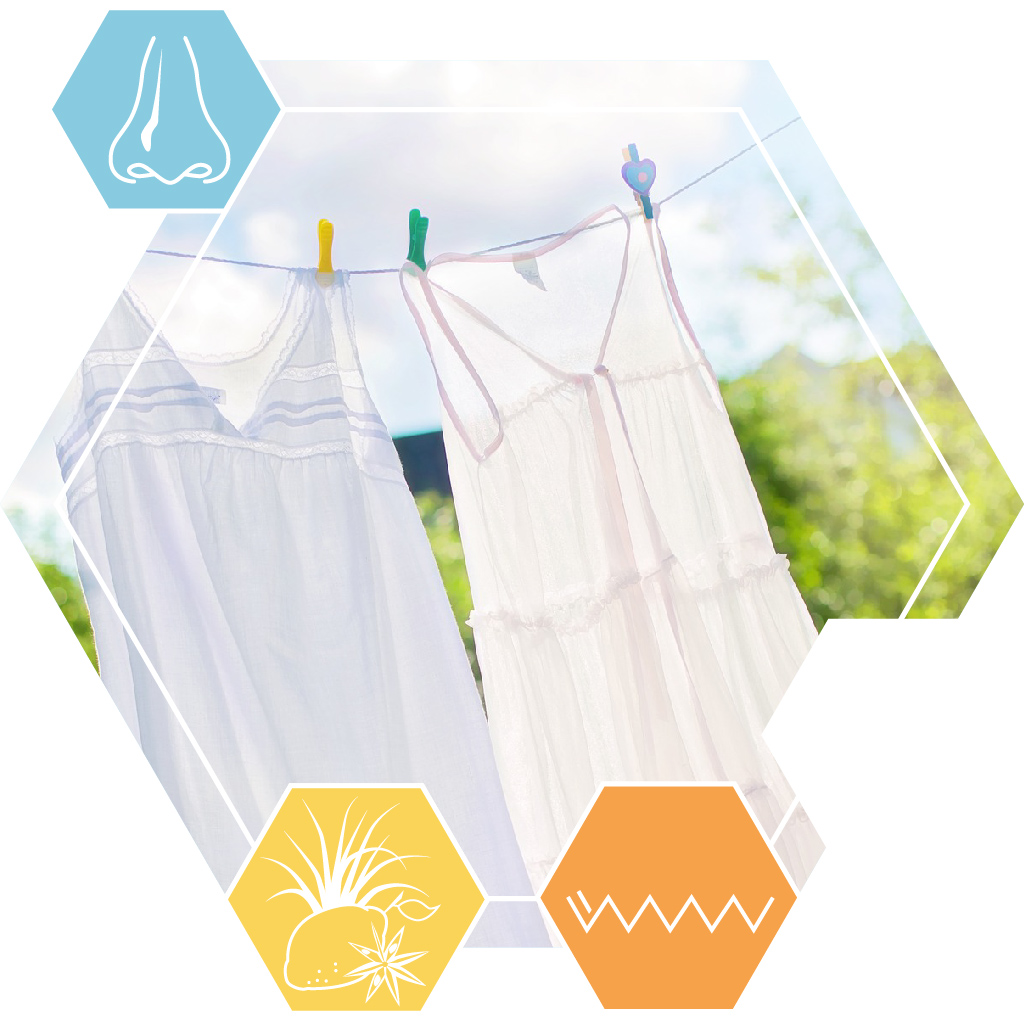Description
Aldehyde C12 lauryl is an aromachemical for use in, for example, perfume and air fresheners.
Caution!
Please read all information below and the general product information before purchasing.
Not intended for use in food, vape liquids or other internal use.
Intended to be mixed with other fragrances: on its own, the scent can be dull or even unpleasant.
Do not use undiluted on the skin: it is a raw material, not an end product.
Use
Aldehyde C12 lauryl has the characteristic aldehyde smell: a bit greasy and soapy, but more in the direction of soapy. With some effort, it also has something orange-like. The scent is strong, for that reason alone making a dilution of, for example, 10% is recommended. We generally don't recommend using alcohol when making dilutions, but this is an exception: alcohol stabilizes many aldehydes so they last longer. Typical use is in aldehyde and citrus accords. In addition, it is used in floral scents, especially cyclamen, rose and green floral scents. You rarely use more than 0,2% in the fragrance composition. It is always an accent that promotes freshness and radiance. In perfumes it is often dominant in the top, but because it does not evaporate quickly, it is actually a base note. It can be used in soap, but dose a little higher, it's not very stable in it.
Keep cool, dry, dark and out of reach of children.
Properties
Aldehyde C12 lauryl is a colorless to pale yellow liquid at room temperature. The purity is at least 97% immediately after making. The substance does not have a long shelf life, not only is it sensitive to oxygen, it also reacts with itself. It polymerizes and forms trimers, which become visible as white flakes in the liquid. You can filter this out, but it is better to replace this substance regularly, at least once a year.
It occurs in nature, often in very small amounts in various types of plants such as citrus fruits, flowers and seeds. For use as a fragrance, the synthetic version is used, which is made from palm oil or coconut oil.
Technical details
Density: 0,83
Log p: 4,9
Vapor pressure: 0,7 Pa
Melting point: 12,5 °C
Boiling point: 239 °C
Packaging
The 10 and 50 ml packaging is made of brown glass with a black cap. The 250 g is made of aluminium with a white cap. Closure is always with normal caps, for dosing small amounts we recommend the use of plastic pipettes.
Dangers
Aldehyde C12 lauryl is classified as a hazardous substance, with the following characteristics:
WARNING
H315 - Causes skin irritation.
H317 - May cause an allergic skin reaction.
H319 - Causes serious eye irritation.
Codes
Item number: 23023
Dutch name: Aldehyde C12 lauryl
EC number: 203-983-6
CAS Number EU: 112-54-9
CAS Number TSCA: 112-54-9
FEMA Number: 2615
INCI: LAURALDEHYDE




